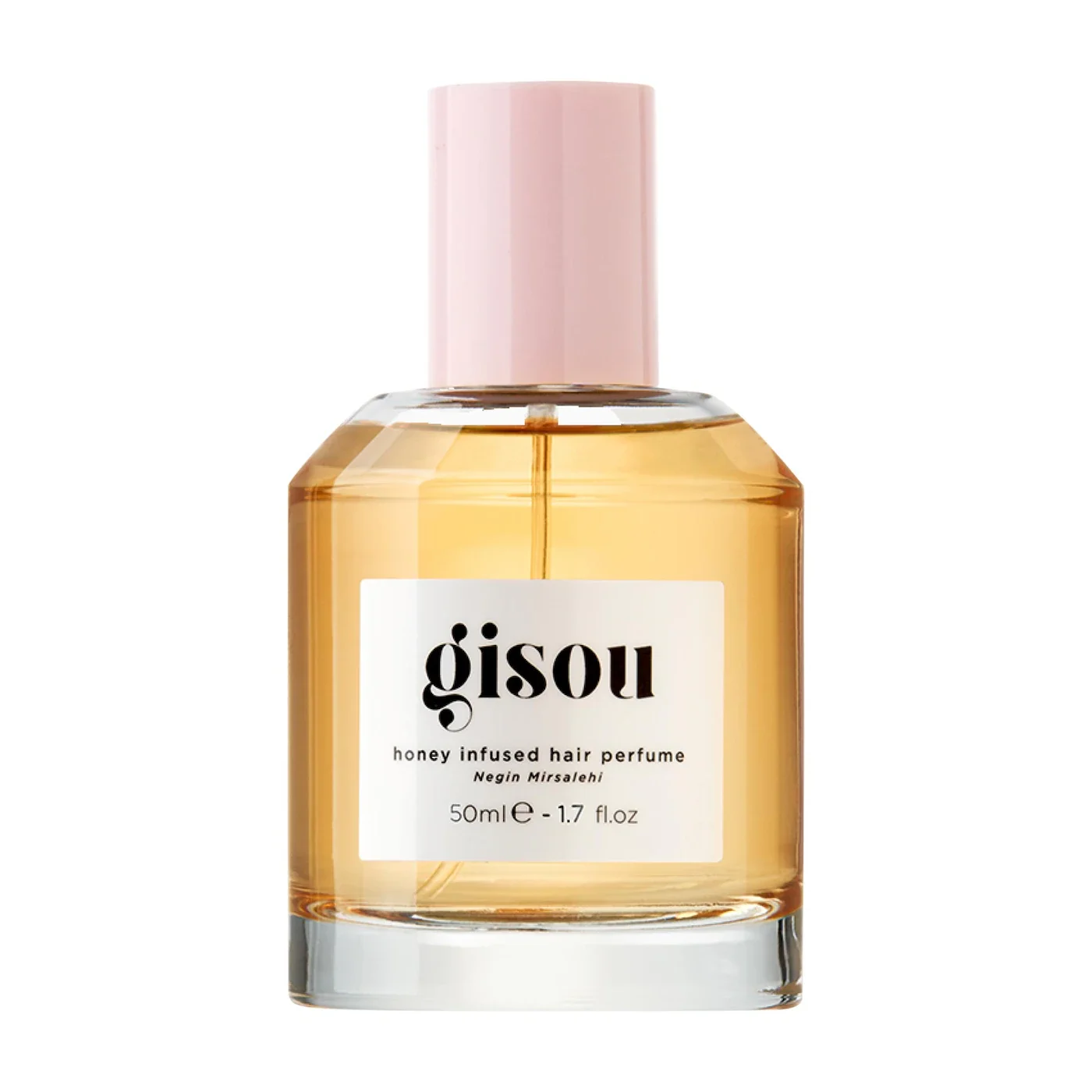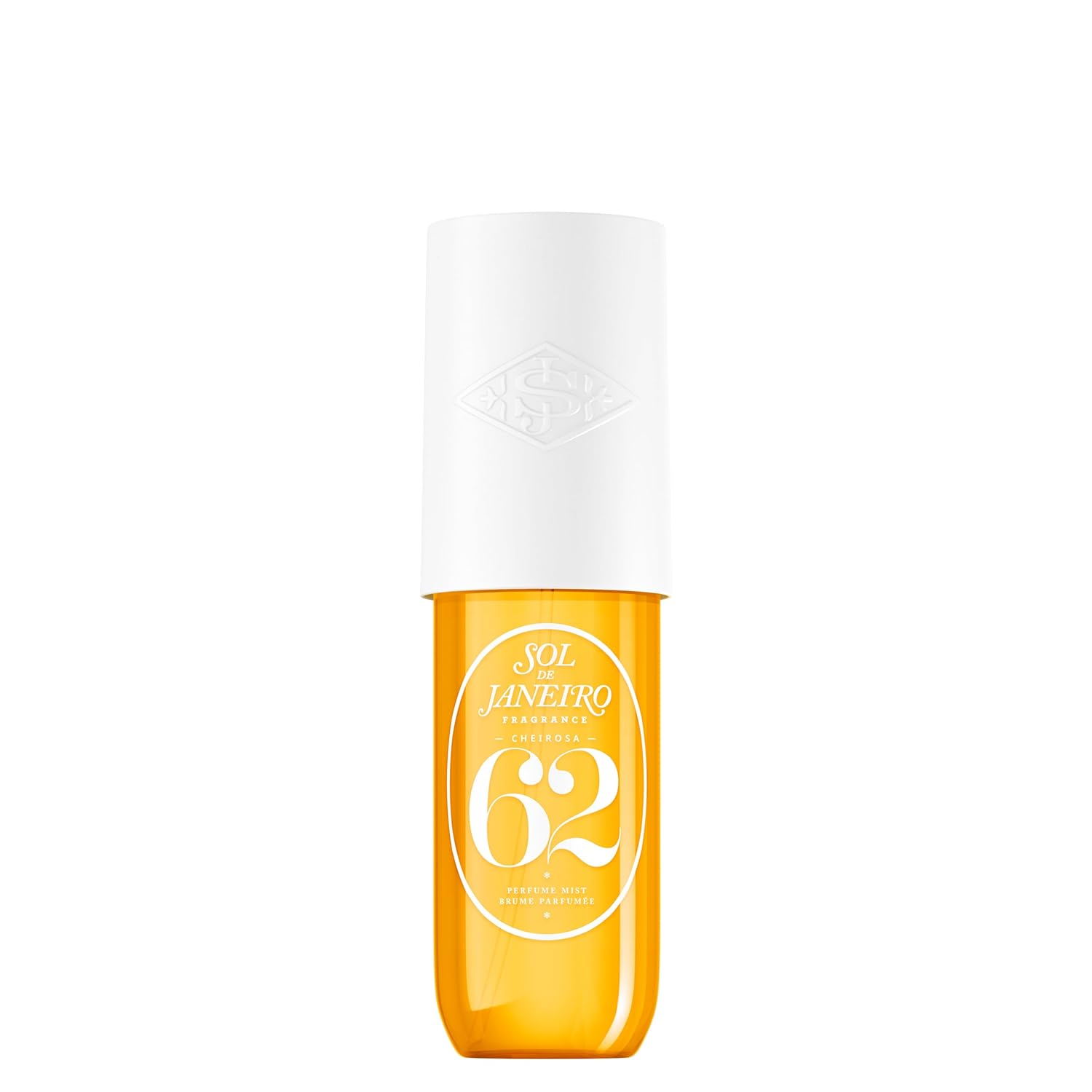
L’Oreal Thompson Payton is a bonafide overachiever with the receipts to prove it. She’s an award-winning journalist with her work featured in esteemed media outlets such as Bustle, ESSENCE, SELF, Shondaland, People, Publishers Weekly, and Well + Good, an experienced communications executive, a motivational speaker, and a wellness facilitator, not to mention a mother and wife. She also serves as a health and wellness reporter at Fortune, covering women and wellness in the workplace. Her writing is inspired by her personal experiences of trying to navigate the world as an ambitious Black millennial woman who was raised outside of Baltimore by working-class parents to believe that she could outwork all obstacles, but who has come to learn over time that success is not always guaranteed even if you follow all of the “rules.”
With her new book, Stop Waiting For Perfect, she’s inspiring other women to break away from specific “rules” or programming, including the need to achieve at any cost, and sacrificing their well-being and mental health, which are concepts that society or family might’ve placed on them to thrive. Meant to be a self-help book, Payton wants to help her readers step out of their comfort zones and into their power, starting with sharing her own experiences with self-doubt, imposter syndrome, perfectionism, self-doubt, imposter syndrome, infertility, and postpartum depression. From inspiring career journey anecdotes to stories about pivoting professions to sharing how it was vital for her to accept that her life may not turn out as she envisioned, the book represents an honest and relatable blueprint for anyone tired of striving to achieve perfection and would like the agency to be human.
Perfectionism and “Black Excellence” have been ingrained in Black women since we were little by many of our parents. We’ve all heard the saying, “You have to be twice as good to get half of what they have.” The quote, in many cases, speaks to systemic racism and how Black women have to overachieve, perform, and shine to find their place in the world successfully. Our lifelong pursuit of perfection most likely starts at home, at least it did for Payton. She notes in the book: “My lifelong pursuit of perfection, perhaps like many of you reading this, dates back to grade school. At a young age, I realized that getting good grades and receiving awards garnered positive attention from adults. I grew addicted to this attention, seeking to obtain it by any means necessary. Anything less than an A wasn’t good enough.”
But what happens when perfectionism isn’t serving you anymore or it’s not enough? What should you do next? The next step is being comfortable, secure, and confident with yourself outside of your professional achievements. With Stop Waiting For Perfect, Payton provides an accessible toolkit to make positive changes while giving recovering perfectionists actionable advice and tips to apply to quiet their inner critic, as it’s necessary to learn how to move forward, even when frightened.
Perfectionism, procrastination, and fear, prevented her from finishing things, like writing her first book. She writes in the “Peloton, Perfectionism, and Me” chapter of her book: “And not only am I guilty of trying to be perfect myself; I also have a tendency to wait for (or if we’re keeping it 100, procrastinate) the perfect moment in life. The perfect moment to trust my gut, to quit a job and take a chance on myself as a full-time freelance writer. The perfect moment to write this very book.”
She continued, “There truly is no time like the present to learn, to fail, to wonder, to try. This, my friend, is where the magic happens – in the imperfection, in the failing and doing. And believe me, any time you put yourself out there, you can expect to make mistakes. But that doesn’t mean you’re a failure, it simply means you’re human.”
Throughout the book, readers will learn, laugh, and probably cry. They’ll write goodbye letters to their inner critic and develop positive affirmations to remind them of the badass they already are. Most importantly, they’ll understand how to trust their vision to take control of their future.
Stop Waiting For Perfect has a nice blend of Black women’s perfectionism stories, humor, and yes, even Beyoncé references – what else did you expect from a millennial? I spoke with Payton about why she decided to write this book and how Black women can continue to thrive in their success joyfully.
ESSENCE: Why did you decide to write this book?
L’Oreal Thompson Payton: I love that question for so many reasons. I remember reading this Toni Morrison quote, where she said, ‘If there’s a book you want to read that hasn’t been written yet, you have to write it.’ I took that to heart. I love self-help books. I’m an avid reader. However, what I saw missing from that space, was that peer-to-peer kind of conversation. What I wanted to do was share the trials and tribulations that were happening. I know I don’t have life or all the answers, but I have some tips, tricks, and strategies that have helped me succeed and overcome impostor syndrome and self-doubt. We’re working on perfectionism. That’s a harder pill for me to swallow. This book includes the lessons I’ve learned along the way, and I’m sharing them in hopes that it’ll help someone else overcome those obstacles as well.
What I did appreciate about the book was it felt like I was talking with my girlfriends. I believe you intended to create this safe space for Black women who might be struggling but are uncomfortable sharing outwardly.
Absolutely, yes. This book is a pocket-size pep talk for high-achieving and aspiring individuals. It’s a love letter for Black women and a hug in a book. I wanted to have an honest conversation and let go of that perfectionism we’ve all been raised and conditioned to aspire to and live out. I wanted to be authentic and vulnerable, which Black women don’t always get to do.
As a millennial, I’m caught in the two generations. My mom is a boomer, and I am so grateful for what she sacrificed for me, my sister, and our family. Being that role model, taking on leadership positions, and providing for us came with a hefty toll when it comes to mental health stress and the exhaustion that Black women have faced and endured for generations. My daughter will be two in October, but I think of the legacy I want to leave for her. I want her to be a soft black girl. And so, for her to do that, I have to show her the way and create that blueprint that I didn’t have for myself.
A lot of perfectionism is rooted in fear. What you lay out in specific chapters is excellent because you’re giving people prompts to first name their fear, work through it, and then solve it. How is fear intrinsically linked with perfectionism?
That fear is very much tied to that inner critic, right? And it could be your voice. It could be your mom, a spouse, or a friend. They usually mean well; they want to keep you safe and in that comfort zone, but that’s not where the magic happens. You can also do a disservice by keeping yourself in that comfort zone. There will never be that moment when you’re suddenly cured of all fear and emerge fearless and ready to take on the world.
This book is undoubtedly necessary because it allows Black women to know failure’s okay. Was that one of the goals that you wanted to achieve with this book?
Yes, absolutely. I wanted to give them that permission slip. In the book, I mention how important it is to fail, experiment, try something new, and step outside that box. We’ve been told, especially “good little black girls” growing up, that if you follow all the rules, do everything right, and check all the boxes, you’ll be guaranteed success, which isn’t always true. The goalpost always moves.
What was your favorite piece of advice that you’ve included throughout the book?







I asked for help because I was talking to a friend earlier about how it’s tough for perfectionists to admit that we’re not perfect and need our village’s help. We need people that we can rely on.
How can someone struggling with impostor syndrome and perfectionism silence their inner critic to develop confidence?
That’s such a great question. I encourage people to think about what they want out of life. What legacy do you want to leave behind? All of our success depends on each other. We must lift as we climb. And at the end of the day, remind yourself how talented you are and deserve to be there. And even if you don’t believe it in that moment, like faking it until it’s true. You’re worthy. You’re enough; you must walk into any room like you own it.







